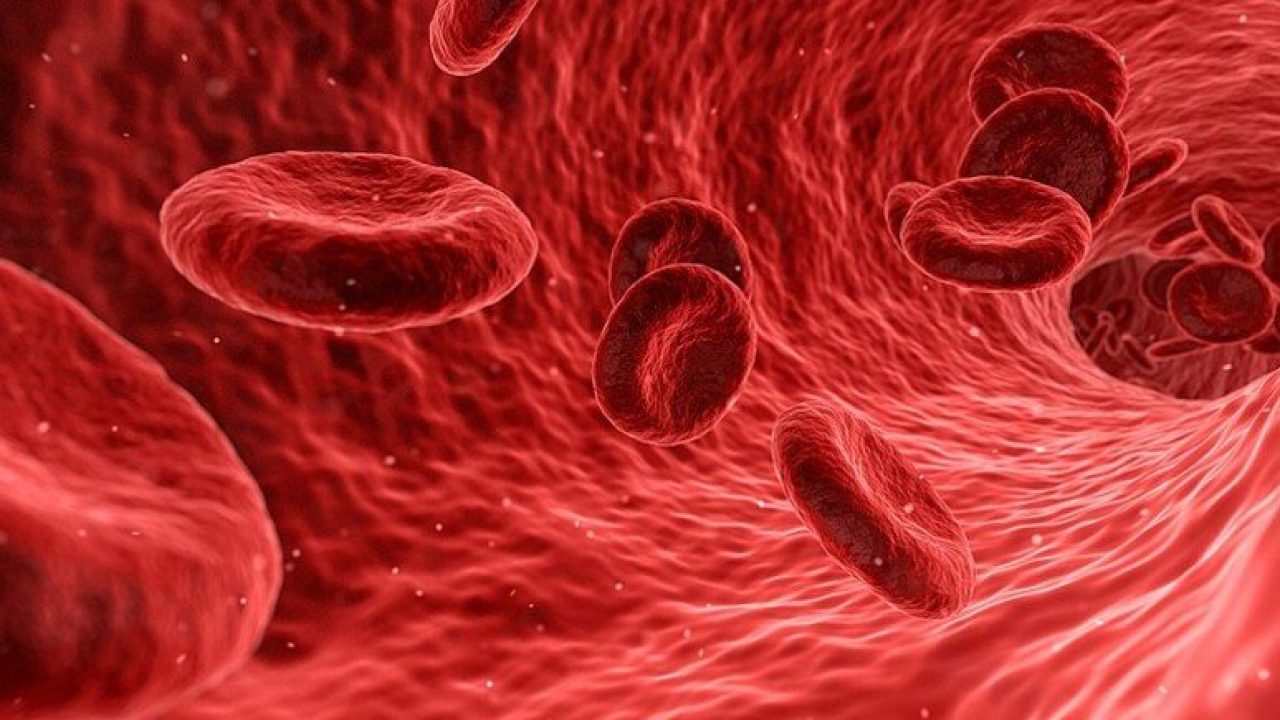Home Medicine
This promising discovery could revolutionize the treatment of tumors and genetic diseases, avoiding rejection during bone marrow transplants.
New hope in bone marrow transplants: mRNA injections to facilitate the process. Tests on mice open up new therapies. A study published in the journal Science has shown that the same technology used in mRNA vaccines against Covid-19 can be used to reprogram and heal bone marrow cells. This promising discovery could revolutionize the treatment of tumors and genetic diseases, avoiding rejection during bone marrow transplants.
The experiment, conducted on mice and human bone marrow cell samples with sickle cell disease, used lipid particles similar to those found in anti-Covid-19 vaccines. These mRNA-containing particles were guided to target cells, where they released genetic instructions to correct mutations responsible for dysfunctions such as sickle cell disease.
Currently, gene therapies for these disorders require bone marrow harvesting and ex vivo treatments of the harvested cells. These complex procedures involve serious inconvenience for patients and require specialized facilities. The new technique, on the other hand, consists of a simple injection, making the treatment more accessible and less invasive.
However, experts stress the need for caution before experimenting with this technique on humans. While promising, tests in nonhuman primates and more research are still needed before human trials can begin, which could take between 5 and 10 years.
Despite the progress, Luigi Naldini and Samuele Ferrari, experts in the field, call for caution and the continuation of existing gene therapies. Existing therapies, based on marrow harvests and ex vivo treatments, have demonstrated long-lasting and robust clinical benefits.
If approved, this new technique could open up numerous applications for correcting genetic errors and fighting cancer cells. Furthermore, it could represent a breakthrough for bone marrow transplants in remote and poor regions, making the treatment more accessible and widespread. Despite this, research continues and caution is essential to ensure the safety and efficacy of these new gene therapies.
Cystic fibrosis: success for triple transplant on a 6-year-old boy
Liver transplants: Italy leader in Europe, survival on the rise
Transplantation: in Padua the first in the world from a stopped heart for 20 minutes
Transplants: record organ donations in 2022
Transplants: in Turin 24 operations in 100 hours
Liver: Transplant linked to heart saves little girl
